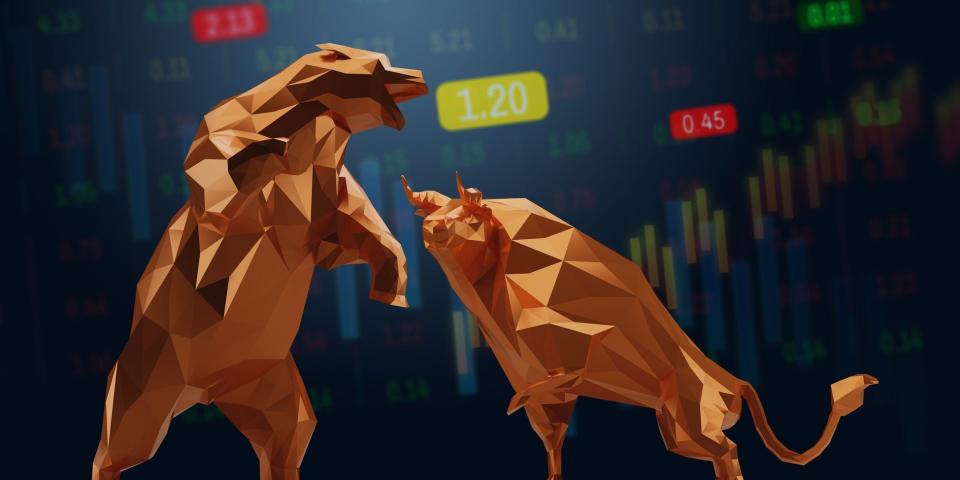A new bull market in stocks won't take off until 3 key factors improve, RBA says

The new bull market won't take off until three things improve, RBA said.
The firm pointed to the importance of profits, liquidity, and sentiment when evaluating bull markets.
Stocks won't begin a bullish trajectory until at least one of those factors improves, the firm added.
There are three key factors that need to improve for stocks before a new bull market takes off, according to Richard Bernstein Advisors.
The advisory firm pointed to the S&P 500's strong performance this year, with the index having rallied around 19% since its low of 3,600 in October 2022.
Those gains have led some commentators to call the start of a new bull market — but that likely isn't the case until key catalysts show improvement, RBA said.
Those include liquidity, corporate profits, and investor sentiment and valuation — which are the most important factors when determining overall the momentum of the market, the firm added.
"While it is certainly possible for this rally to evolve into a full-fledged bull market, historical precedent suggests it is far from a foregone conclusion," RBA's deputy chief investment officer Dan Suzuki said in a report on Monday. "Ultimately, rallies need fundamentals in order to bloom into bull markets."
The latest rally in stocks comes at a precarious time for the US economy, with investors eyeing a potential recession on the horizon. Higher rates have hit firms with more expensive borrowing costs, lowering liquidity and putting pressure on corporate earnings. That's part of the reason why the S&P 500 lost 20% in 2022, notching its worst performance since 2008.
Other Wall Street experts have warned of more trouble ahead for stocks, particularly as investors brace for a potential recession. Even a mild recession could have the market tumbling 15%, according to JPMorgan strategists.
Read the original article on Business Insider

 Yahoo Sports
Yahoo Sports 